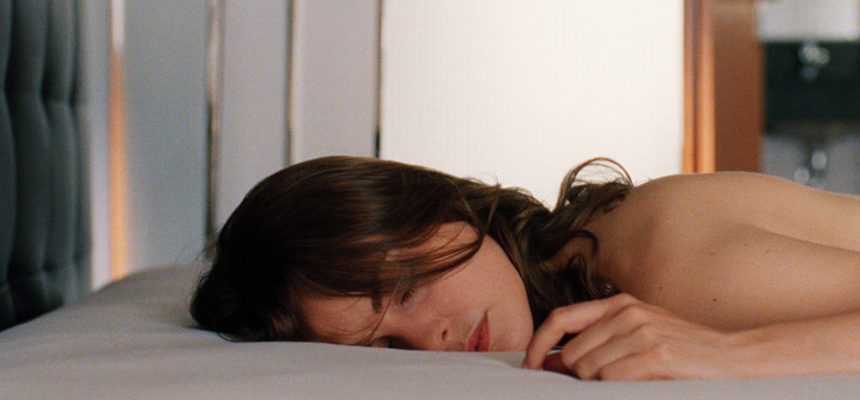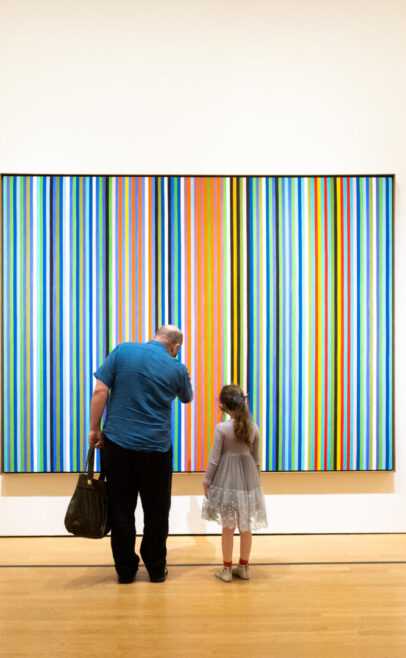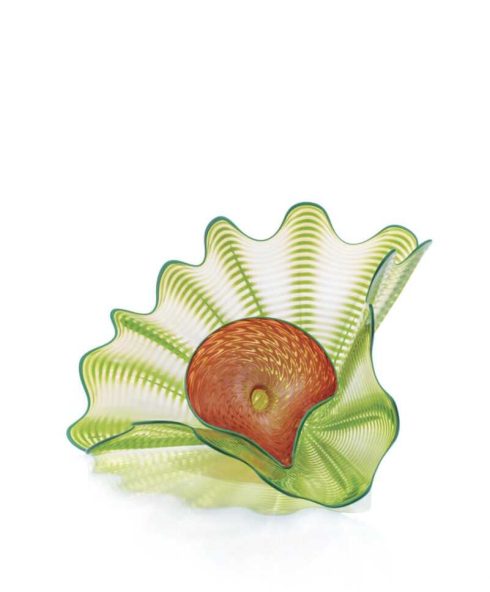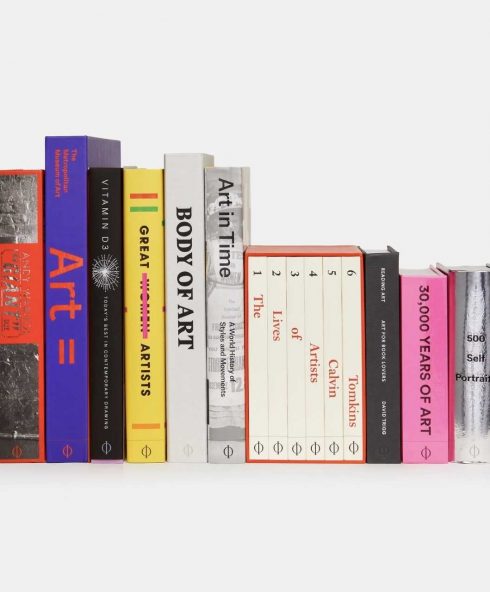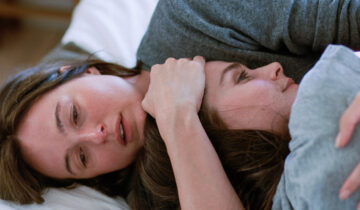Neither fish nor fowl, the films of Berlin master Christian Petzold fall somewhere between festival-brand art cinema and commercial practice, occupying much the same space that was once staked by the very best in classical cinema. It, indeed, is no accident that Petzold has been described as Germany’s “master of suspense,” not even withstanding his proclivity for referencing and (subtly) remaking the work of Alfred Hitchcock, as he does in the masterful Phoenix (2014), which opens this Friday, August 28th at the Oklahoma City Museum of Art. The point is that Petzold makes films, of the very highest order I will add, which demonstrate a keen interest in and understanding of the old-fashion things, such as a suspense, which tend to be as far from slow cinema codes as they are from superhero spectacle. Petzold makes films the way they used to be made–but in a way in which they were never exactly made, in a way that feels invigoratingly original and idiosyncratic, artful but not aridly arty.
Following a series of television movies, the 54 year-old director’s breakthrough came with his outstanding first theatrical feature, 2000’s The State I Am In. Focusing upon the psychology of the teenage daughter of left-wing terrorists, The State I Am In felt to be both a defining early expression of the indie-minded Berlin School (of which Petzold has proven the most prominent member), and also a somewhat atypical work for the genre-minded filmmaker. The first of this week’s three screenings, 2007’s engrossing Yella (pictured), more fully suggests the Petzold that we now know: an expert manipulator of suspense, with a predilection for sound-editing strategies drawn directly from the horror film (the sharp, sudden crash is commonplace in Petzold); a crafter of slow-burn thrillers that discretely signpost and build delicately toward a final-act shocker (and in the case of Yella, an epistemological reversal of the most dramatic kind); and a subtle chronicler of life in Germany’s capitalistic, post-unification present–as in Yella’s portrait of its scavenger margins–as well as its traumatic, recent sot past. Perhaps more conspicuously still, Yella also distinguishes itself from the earlier film by virtue of Nina Hoss’s incredible presence (as the eponymous Yella), as a reservoir of private traumatic experience whose personal history becomes the film’s mysterious subject matter.
Hoss’s intractable performance style finds an ideal subject in the second of this week’s Petzold-Hoss collaborations, 2012’s marvelous Barbara. Here, in a film that easily bests The Lives of Others’ (2006) treatment of Stasi paranoia, Hoss’s emotionless facade becomes a form of defense against a state-police apparatus that has eyes almost everywhere. Petzold, in fact, both opens and closes his East German-themed thriller with close-ups of Hoss’s sculpted visage, concealing a wealth of incriminating experience that is just as much Petzold’s subject as is the film’s all-seeing secret police. Not that he gives the latter short-shrift; rather this is a film that is as insightful about life in 1980 East Germany, as it is articulate in its description of its lead’s star-persona and her singular physical presence. Barbara, in this respect, perfectly balances content and form, which again is also its content (in the unreadable appearance of Hoss’s face). It is equally a masterclass in the combination and manipulation of generic forms, beginning its story life as it does as pure political thriller, before pivoting to the sphere of ethics-oriented medical melodrama. One of the best films of its year, 2012, Barbara also represented a new career peak for Petzold at the time of its release.
Barbara’s place at the top of the Petzold pantheon would prove short-lived. The latest to reach American theaters, 2014’s Phoenix, ups the emotional ante considerably in its story of a concentration camp survivor who returns to postwar Berlin in search of a husband who may or may not have betrayed her to the Nazis. Hoss, of course, stars as the survivor, Nelly Lenz, who has been made unrecognizable by facial reconstructive surgery. When she does encounter her husband Johnny (Ronald Zehrfeld), and I promise the spoilers will (meaningfully) end there, he indeed fails to identify Hoss as his long lost wife. Naturally the question becomes whether Johnny will realize that this is his Nelly, whether he is only play-acting in not recognizing her, and whether he did in fact betray her to save his own life. Much like Barbara in particular, Phoenix again examines Germany’s traumatic 20th century history through its exploration of the mysterious past of its heroine, one in the case of the latter that is unknown even to the film’s female lead. Phoenix is also a work that goes even further in its debt to Hitchcock, as is noted above, by borrowing the central conceit of the director’s Vertigo (1958): Johnny, like Scottie before him, seeks to remake this stranger Nellie into an earlier version of herself.
I will leave it there except to say that Phoenix is one of my own choices for film of the year, and the team of Petzold and Hoss, the best director-actress combo working anywhere today. A master of suspense and his exquisitely subtle muse, Petzold has found a way to refresh classical storytelling, and tell his nation’s sordid history, in a manner that relies overwhelmingly on the studied expressionless-ness of his preferred actress.
Yella screens at the Oklahoma City Museum of Art on 35mm film, Thursday, August 27th at 5:30 p.m.; Barbara makes its local theatrical premiere that same night (8/27) at 8 p.m.; and Phoenix opens this Friday, August 28th, for a four-day engagement (Friday-Sunday, and the following Thursday). For more on Petzold’s Barbara, see this earlier review by the writer.
